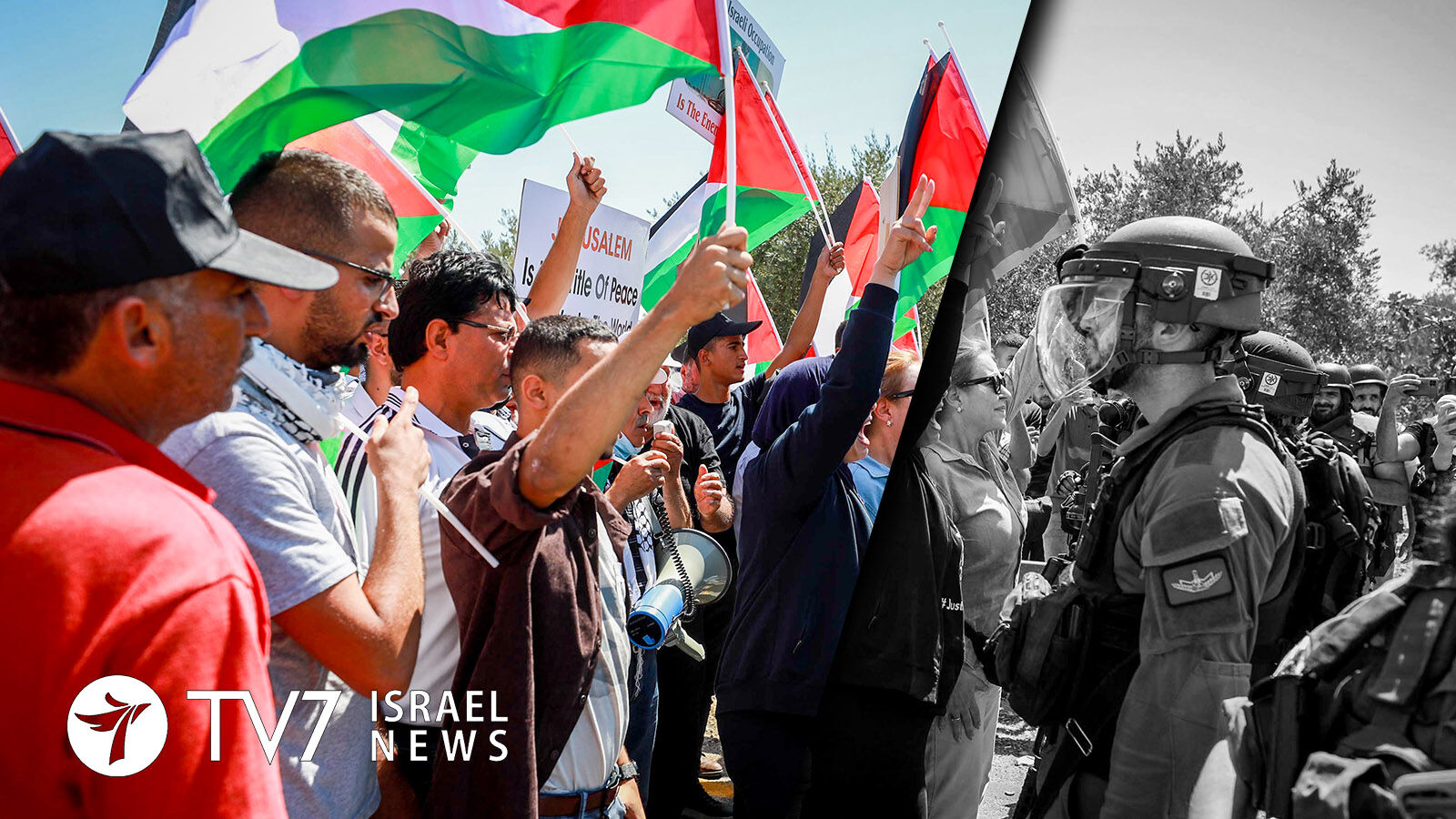The United Nations “Decolonization Committee” adopted a draft a Palestinian Authority (PA) resolution on 13 November requesting an advisory opinion from the International Court of Justice (ICJ) on Israeli presence on lands in the West Bank, Gaza and eastern sector of Jerusalem it demands for a future state.
By Erin Viner
The resolution approved at UN headquarters in New York appealed to the ICJ to “urgently” weigh in on Israel’s “prolonged occupation, settlement and annexation of the Palestinian territory,” which it maintained violates the Palestinians’ right to self-determination.
Israel captured most of the areas disputed by the Palestinians in the 1967 Six Day War, when Israel captured the east side of a then-divided Jerusalem and parts of the West Bank from Jordan; in addition to the Golan Heights from Syria and Gaza from Egypt.
The Palestinians rejected a peace plan proposed by former-United States President Donald Trump.
According to PA Foreign Minister Riyad al-Maliki, the measure passed with 98 countries in favor and 52 abstentions. 17, including Israel and the United States, voted against it.
This “diplomatic and legal breakthrough” will “open a new era for holding Israel accountable for its war crimes,” Maliki asserted.
In an immediate response by Israeli Prime Minister Yair Lapid “strongly rejected” the UN resolution, which he called “a prize for terrorist organizations and the campaign” against the Jewish State.
“This step will not change the reality on the ground, nor will it help the Palestinian people in any way; it may even result in an escalation,” he insisted, while describing it as “another unilateral Palestinian move which undermines the basic principles for resolving the conflict and may harm any possibility for a future process. The Palestinians want to replace negotiations with unilateral steps. They are again using the United Nations to attack Israel.”
Thanking “the many countries that did not support this resolution and made it clear that this is neither the way to promote stability nor to resolve the conflict,” the Israeli leader further called on the countries that supported it “to reconsider their position and oppose it” when it comes up for a vote by the UN General Assembly.
Israel’s UN Ambassador Gilad Erdan stressed that by calling on involvement on the ICJ, “the Palestinians are decimating any chances of reconciliation.”
Addressing the forum, he queried, “The Palestinians have rejected every single peace initiative, and now they embroil an external body with the excuse that the conflict has not been resolved?”
The US Deputy Representative to the UN stated that an ICJ advisory opinion is “counterproductive and will only take the parties further away from the objective we all share of a negotiated Two-State Solution” to the Arab-Israeli conflict.
The ICJ last intervened in the conflict in 2004 by ruling that Israel’s separation barrier was illegal; which is heavily disputed by Jerusalem.
The barrier was built to prevent Palestinian terror attacks on Israeli citizens during the Second Intifada, which lasted from September 2000 to February 2005. Suicide bombings in Israel emanating from the West Bank dropped from 73 between 2000 to July 2003 to 12 between August 2003 and the end of 2006, upon completion of the first continuous portion of the security fence.
